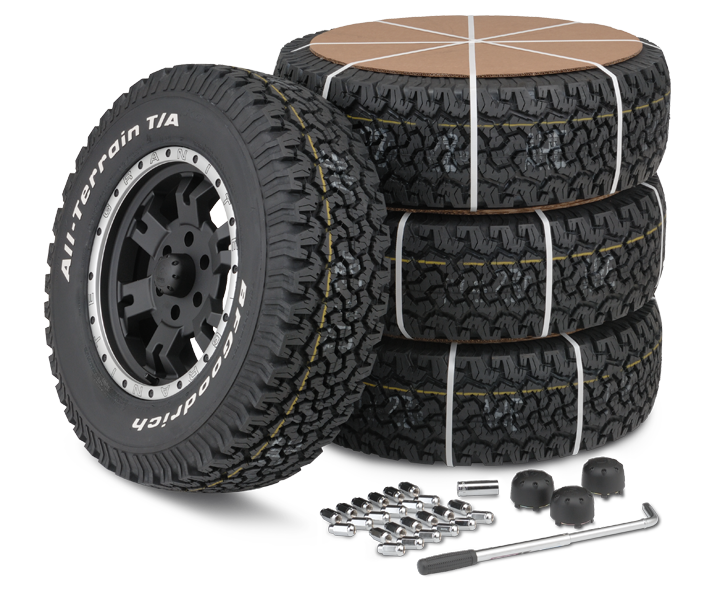Tire Solution: Comprehending Tire Pressure Monitoring Systems
Recognizing Tire Stress Surveillance Solutions (TPMS) is a vital facet of preserving optimal vehicle performance and security when traveling. With innovations in auto modern technology, TPMS has actually come to be a basic function in contemporary automobiles, supplying real-time info on tire stress degrees. Diving deeper into the complexities of TPMS, one can uncover the various parts that compose this system and the significance of each in making certain precise surveillance. From straight to indirect TPMS systems, the landscape of tire pressure surveillance is diverse, each with its unique set of considerations and benefits. Stay tuned to untangle the complexities of TPMS, from maintenance suggestions to the undeniable advantages of maintaining your tires correctly blew up. mopar tire service specials.

Importance of TPMS
The relevance of Tire Stress Surveillance Solutions (TPMS) lies in their capability to improve lorry safety and performance via real-time tracking of tire stress degrees. Keeping the proper tire stress is critical for making sure ideal handling, stopping, and total safety and security of a lorry. TPMS offers motorists with instant comments on any type of overinflated or underinflated tires, enabling timely adjustments to be made.
Components of TPMS
Making up various essential components, a Tire Pressure Surveillance System (TPMS) functions as an innovative security feature in modern-day cars. The major parts of a TPMS include sensing units, a control module, and a caution sign. Sensing units are commonly located in the tire shutoff stem or connected to the wheel setting up, where they measure tire stress and transmit information to the control module. If it identifies considerably reduced stress in any of the tires, the control component processes this info and causes a caution. The warning indication, commonly an icon on the dashboard, informs the vehicle driver to check the afflicted tire or tires. Some advanced TPMS models likewise present the actual tire pressure analyses for each and every tire, providing motorists with real-time details to ensure ideal tire performance and security. By checking tire stress continuously, TPMS helps prevent crashes, lowers tire wear, and improves fuel efficiency, making it a vital element for lorry safety and security and efficiency.
Kinds Of TPMS

On the various other hand, indirect TPMS depends on the car's wheel rate sensing units to keep an eye on tire pressure. This system identifies underinflation by contrasting the rotational rates of the wheels. Indirect TPMS is much less expensive than straight TPMS, as it utilizes existing sensors within the automobile.
While straight TPMS supplies much more precise analyses, indirect TPMS is easier in layout and normally needs much less upkeep. Both systems have their advantages and constraints, and the selection between them commonly depends on elements such as price, vehicle make, and individual preference. Comprehending the distinctions in between these two kinds of TPMS can help car proprietors make informed decisions concerning tire upkeep and safety.
TPMS Maintenance Tips
Reliable upkeep of TPMS is important for ensuring ideal efficiency and safety and security of your vehicle. On a regular basis evaluating the TPMS sensing units for any damage or rust is vital. Make certain that the sensing units are clean and cost-free from particles that could disrupt their performance. Furthermore, it is a good idea to inspect the sensing unit batteries regularly and replace them as needed to ensure precise readings. Conduct routine checks on the tire visit this web-site pressure degrees and contrast them with the TPMS analyses to ensure they correspond. Alter the system complying with the manufacturer's standards if there are any discrepancies. Throughout tire turning or replacement, make certain that the TPMS elements are handled very carefully to protect against any type of prospective damage. Last but not least, if the TPMS alerting light brightens on the control panel, attend to the concern quickly by examining the tire stress and the total system for any kind of faults. By sticking to these upkeep suggestions, you can lengthen the life expectancy of your TPMS and improve the safety of your driving experience.
Benefits of Appropriate Tire Pressure
Keeping correct tire pressure, as stressed in TPMS Upkeep Tips, is critical for gaining the many advantages connected with ideal tire pressure levels. Furthermore, appropriate tire stress ensures even tire wear, extending the life-span of the tires and promoting safer driving conditions. In conclusion, the benefits of proper tire pressure go past simply tire longevity; they incorporate boosted fuel effectiveness, boosted safety, better automobile efficiency, and general driving convenience.
Verdict
In final thought, comprehending tire pressure monitoring systems (TPMS) is critical for preserving optimum tire pressure and making sure automobile safety and security. By recognizing the importance of TPMS, being acquainted with its parts, recognizing the different types offered, sticking to proper maintenance suggestions, and realizing the advantages of keeping correct tire stress, motorists can boost their driving experience and lengthen the life-span of their tires. Appropriate tire pressure is vital to safe and effective lorry operation.

Comments on “Discover Exclusive Mopar Tire Service Specials in Morris Today”